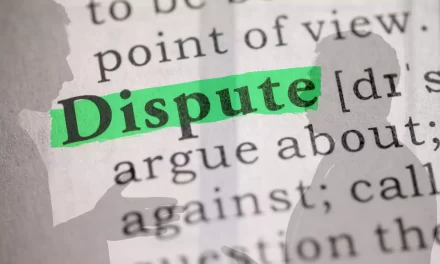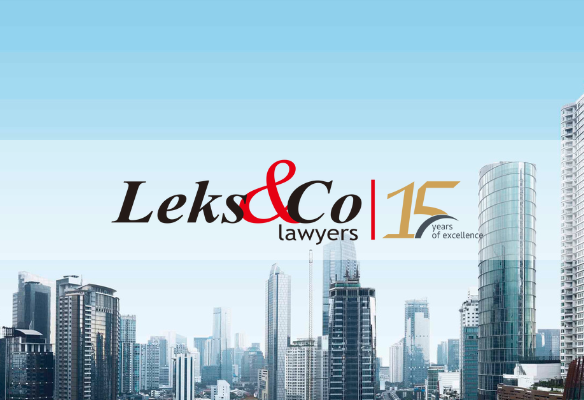 On 24 November 2017, the Supreme Court held an annual plenary meeting to discuss legal issues (question of laws) that are raised in each chamber of Supreme Court during 2017. To date, there are six chambers in the Supreme Court, such as chamber of criminal case, chamber of civil case, chamber of religious case, chamber of military case, chamber of state administrative case, and chamber of secretarial. The annual plenary meeting has been routinely held by the Supreme Court since 2012.
On 24 November 2017, the Supreme Court held an annual plenary meeting to discuss legal issues (question of laws) that are raised in each chamber of Supreme Court during 2017. To date, there are six chambers in the Supreme Court, such as chamber of criminal case, chamber of civil case, chamber of religious case, chamber of military case, chamber of state administrative case, and chamber of secretarial. The annual plenary meeting has been routinely held by the Supreme Court since 2012.
In 2017-plenary meeting, the Supreme Court produced legal formulations as guidelines by the Supreme Court, court of appeal and court of first instance when handling their cases. We view several important legal formulations in the chamber of civil case that need to be known by the justice seeker, as follows:
General Civil Cases
- The court stipulation on consignation of compensation due to land procurement for public interest under the Supreme Court No. 3 of 2016 is an administrative procedure, and therefore there is no any legal action can be taken towards the court stipulation.
- If the judges granted a petition of claim which punishes the defendant to pay a sum of money in foreign currency, then the judges shall also instruct the defendant to convert it to Rupiah currency based on middle rate of Bank of Indonesia on the date when the payment is made by the defendant.
Commercial Case:
- The submission of trademark cancellation claim that is made on the basis that the trademark application is made in bad faith due to the similarity of well-known trademark can be accepted without time limit.
- The trademark cancellation claim that is made after 25 November 2016 is subject to the provisions under Law No. 20 of 2016 on Trademark and Geographical Indication.
Industrial Relation Case:
- The foreign workers shall only be protected after possessing Foreign Workers Employment Permit (“IMTA”). If the period IMTA is expired but the employment period under the temporary employment agreement (“PKWTT”) is not yet expired, then the remaining period of PKWTT does not get legal protection.
- A dispute on termination of collective labor agreement between labor union and employer is categorized as dispute of rights, and therefore is included as the jurisdiction of Industrial Relation Court.
Ivor Pasaribu





